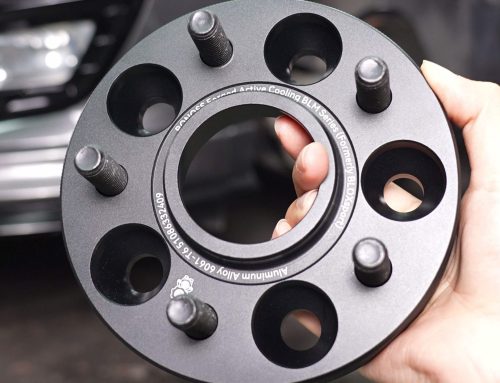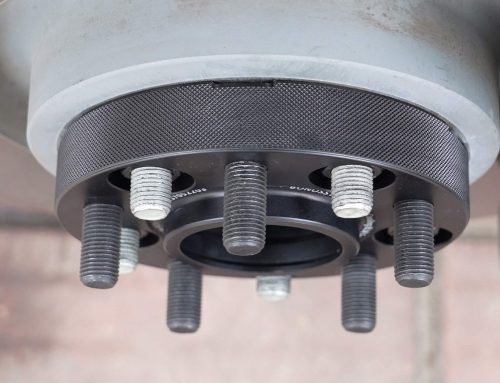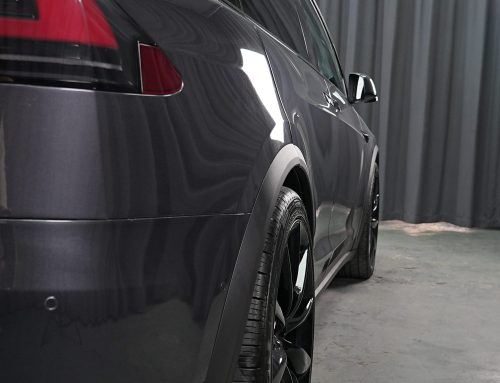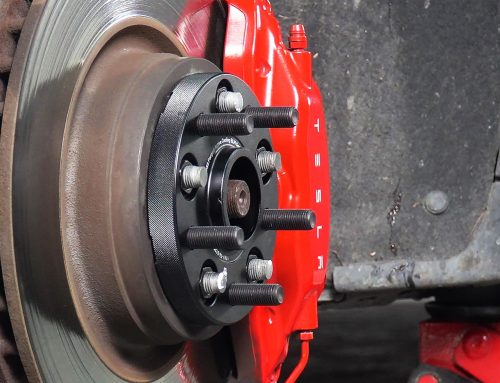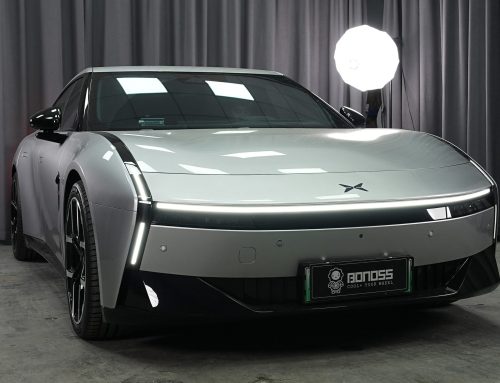As a Toyota Tundra owner, you count on your truck to haul heavy loads without a hitch. But loose Toyota Tundra lug nuts can quickly put a wrench in your plans. Wobbly wheels from inadequate clamping force spell danger for you, your Tundra, and whatever’s in tow. Let’s get to the bottom of why Tundra lug nuts loosen up and what you can do.
Why Do Toyota Tundra Lug Nuts Come Loose?
Over-Torquing: Overzealous tightening often backfires, causing fastener damage that relaxes the nut. Excess torque can over-stretch or shear off threads, distorting the fit. Then vibration and loading conspire to unwind the compromised nut. Always torque wheels to the proper spec.
Under-Torquing: On the other end, failing to achieve adequate torque leaves the nut loose from the start. The wheel never seats securely against the hub. Normal vibrations and loads then quickly shake the under-torqued nut completely free. Torque it right the first time.
Poor Maintenance: Quick lube shops’ lug-drop and torque inconsistency take a toll over time. Rushed technicians both under and over-torque repeatedly, disrupting the lug nut’s fit. Request shops use torque sticks to tighten to factory specs on all service.
Inferior Materials: Many factory lug nuts are made from subpar metals and thin, lightweight designs prone to deforming, stretching and breaking under load. Performance aftermarket nuts made of hardened alloys resist damage for superior clamping.
Damaged Studs/Holes: Corroded, bent or worn wheel studs prevent firm lug nut engagement needed to secure the wheel. Out-of-round stud holes also introduce play. Inspect and replace damaged mounting hardware regularly to restore integrity.
Dissimilar Metals: Mating aluminum wheels with steel lugs leads to oxidization as dissimilar metals corrode. The resulting friction interferes with proper tightening, allowing movement and loosening. Match materials when possible or use anti-seize.
Loose Hubs: If the hub assembly itself has excessive play from worn bearings, the wheel will wobble regardless of lug torque. Axle, hub, bearing and race inspection is needed to address such “phantom” loosening issues.
Poor Design: Many factory lug nuts are prone to loosening by design. Inadequate thread engagement, lightweight materials, difficult access and questionable engineering hamper durability. Some OEM nuts are destined to fail.
Off-Roading Damage: Punishing off-road use twists studs, distorts holes and damages threads. The resulting inability to properly secure the wheel invariably leads to loosening. Inspect hardware after tough trails and replace damaged parts.
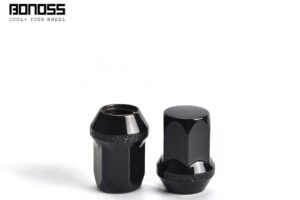
How Do I Stop Lug Nuts Loosening on My Tundra?
Frequent re-torque and swift action when catching a loose nut can help mitigate the issue. But often, inferior lug nuts are the root cause. Upgrading to performance aftermarket lug nuts restores confidence with reinforced durability. Seek out:
Chrome alloy steel or stainless steel construction
Computer controlled precision machining
Flange style for ease of access
Matched thread pitch and length
Hex shape to prevent rounding
Meets/exceeds OEM specs for durability
Why BONOSS Tundra Lug Nuts Won’t Loosen
Controlled Torque Specs: A key factor is controlling torque values applied during manufacturing tests. BONOSS Toyota Tundra lug nuts are calibrated to achieve optimal clamping force at the Tundra’s OEM-specified torque setting. Repeated installs and removals confirm the nuts stay within proper torque range, preventing under or over tightening. This allows the integrated locking mechanisms to fully engage when torqued to spec.
Durable Coatings: In addition to premium steel construction, BONOSS adds protective finishes. Black oxide, nickel, zinc yellow chromate, and other coatings boost corrosion resistance from winter road salt or moisture. This prevents any rust or seizing that could enable lug nut loosening over time. Stainless steel is also available for extreme corrosion environments.
No Plastic Caps: Many factory lug nuts try relying on cheap external plastic caps to reduce loosening. But those caps eventually fail from cracking or falling off, completely defeating their purpose. BONOSS instead uses high-integrity metals and internal geometry that maintains tightness without any fragile external parts prone to failure.
By combining extensive design expertise, durable materials, and unique locking geometry focused on securing wheels, BONOSS provides Tundra owners critical protection against loosening issues. Their Toyota Tundra lug nuts resist all forms of wheel vibration that can work factory lug nuts loose over time and mileage. For Toyota truck owners wanting capability with peace of mind, BONOSS delivers advanced anti-loosening assurance.
Affiliate Content:


